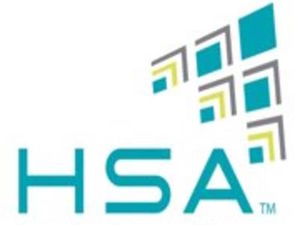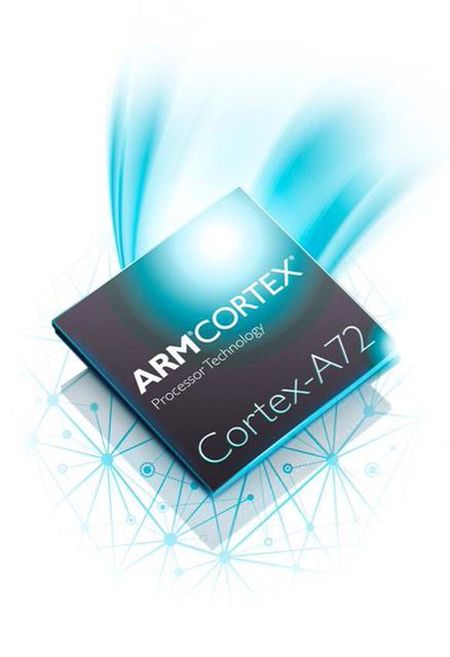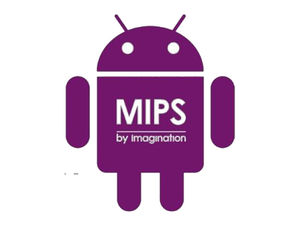



Feature Story
More feature stories by year:
2024
2023
2022
2021
2020
2019
2018
2017
2016
2015
2014
2013
2012
2011
2010
2009
2008
2007
2006
2005
2004
2003
2002
2001
2000
1999
1998
 Return to: 2015 Feature Stories
Return to: 2015 Feature Stories
CLIENT: HSA FOUNDATION
Oct. 6, 2015: Tom's Hardware
 The Heterogeneous System Architecture (HSA), which is already in use inside of select AMD processors is about to spread to the majority of smartphone devices on the market, as ARM, Imagination, and MediaTek incorporate support for HSA into their upcoming products.
The Heterogeneous System Architecture (HSA), which is already in use inside of select AMD processors is about to spread to the majority of smartphone devices on the market, as ARM, Imagination, and MediaTek incorporate support for HSA into their upcoming products.
HSA is a powerful technology in that it allows devices to better use the available bandwidth, and it increases overall performance and reduces power consumption. On the desktop, we tested the benefits of HSA in AMD's A10-7800 and found HSA to be exceedingly helpful, although only when applications are optimized to take advantage of it. In a mobile device, these benefits are expected to be even more tangible, as the available bandwidth inside of the SoC is much more constrained than a desktop platform.

To take advantage of this technology, ARM is working to implement HSA in a way in which it can be used with various GPU IPs and other mobile hardware. Although most SoC developers haven't announced plans for HSA yet, once ARM has added HSA support, it should be relatively easy for SoC developers to take advantage of HSA and improve system performance.
"As a founding member of the HSA foundation, ARM has worked with our fellow members to develop specifications that enable hardware and software to take advantage of both CPU and GPU compute," said Jem Davies, vice president of technology, media processing group, ARM. "ARM is actively developing CPU, GPU and interconnect IP with energy efficiency and full system coherency as guiding design principles while extending the system capabilities aligned with HSA coherency standards."

MediaTek stated that it has received interest in HSA technology from its customers, and as such has begun development of a finished HSA-compliant SoC.
"MediaTek is a firm believer in the value of heterogeneous computing and a strong supporter of the good work of the HSA Foundation. We are working to leverage this technology into our products to provide even better end user experience," said Giri Amarakone, senior director, marketing and business development, MediaTek.
 Imagination, one of the few companies that develops both CPU and GPU technologies targeted at mobile devices, also announced that it will introduce HSA support across its product lines starting in 2016. This support will extend to MIPS I-class and P-class processors, as well as the PowerVR GPU, which is heavily used by other companies such as Apple.
Imagination, one of the few companies that develops both CPU and GPU technologies targeted at mobile devices, also announced that it will introduce HSA support across its product lines starting in 2016. This support will extend to MIPS I-class and P-class processors, as well as the PowerVR GPU, which is heavily used by other companies such as Apple.
"Because it provides a consistent programming model and enables efficient execution on CPUs, GPUs and beyond, HSA is an important standard for future SoCs. Imagination has played a key role in developing the HSA specifications as a founder member of the HSA Foundation. HSA holds the promise of enabling developers to write software that makes the most of our future heterogeneous platforms targeting a range of devices including mobile and tablets, vision systems, automotive, and more," said Peter McGuinness, director of multimedia technology marketing at Imagination.
 Mobile HSA implementations will encounter the same problem that AMD did, in that applications must be optimized to take advantage of this feature, and to try and get around this problem, General Processor Technologies (GPT) is sponsoring an open source project to expand the software tools available for HSA application development. The HSA Foundation has been working towards this goal for some time now, and the added support will only hasten the growth of HSA support.
Mobile HSA implementations will encounter the same problem that AMD did, in that applications must be optimized to take advantage of this feature, and to try and get around this problem, General Processor Technologies (GPT) is sponsoring an open source project to expand the software tools available for HSA application development. The HSA Foundation has been working towards this goal for some time now, and the added support will only hasten the growth of HSA support.
"We're delighted to be involved in creating a foundational tools ecosystem for HSA. Through the project we're sponsoring, heterogeneous processors may benefit from kernel agent support and the vector/SIMD optimizations in GCC," said Dr. John Glossner, CEO of General Processor Technologies.
This growth should benefit AMD as well, as it will become increasingly easier for developers to program in HSA support.
Return to: 2015 Feature Stories